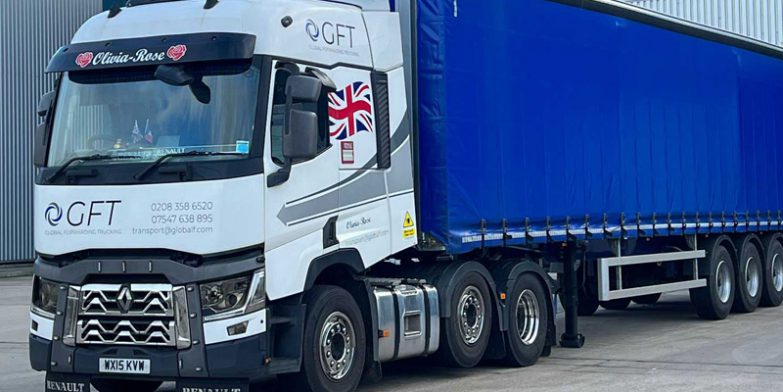
European road freight rates will be under pressure from the 1st December as a new toll system linked to CO2 emissions begins its roll-out in Germany, with the rest of the EU following over 15 months.
Heavy goods vehicles will be categorised into five classes based on their CO2 emissions, which will be used to determine toll rates, with the trade press anticipating a surcharge of about €200 euros per ton of CO2 on commercial vehicles over 7.5 tons, which could increase toll costs in Germany by 80%.
Based on the typical vehicle weight capacity, number of axles and emission class the toll increase in German MAUT could be circa €0.158/km, which means a transit through Germany from the Netherlands border to Poland, a distance of around 700 kms would cost an additional €110.00 each way.
The increases are too substantial for many road transport operators, particularly SME and owner/drivers, to absorb which means they will try to pass on the cost by raising rates for freight transiting through affected countries.
The EU has committed to reducing net GHG emissions by at least 55% by 2030 compared with 1990 levels, but the regulation-driven shift away from fossil fuels comes at a time of weak European demand for road freight, together with soaring operating costs.
The road transport lobby group, the International Road Transport Union (IRU), has warned that without support for the sector, which is made up mainly of small and medium-sized companies whose margins are low at 1% to 2%, there is a great risk of not achieving any of the economic and environmental objectives, with businesses left to fail.
Decarbonising road freight and the expensive new technology that is involved would require a dramatic change in business models, but with carbon neutrality a shared ambition around the world, business will have to adapt to the new reality.
The UK and European infrastructure will need to undergo profound change to support the required charging stations, depots and routing, but shippers increasingly have emission expectations and many will have formal requirements in their tenders, and they will need to align with that.
Commercial vehicle manufacturers predict that zero-emission vehicles will dominate within 10 years, with 50% of new sales to be electric by 2030 and 75% by 2040.
We operate our own commercial fleet, which means we can plan the most cost-effective and efficient routes for all your domestic and European road transport needs.
EMAIL Andy Costara to learn how our commercial fleet can support your supply chain.





